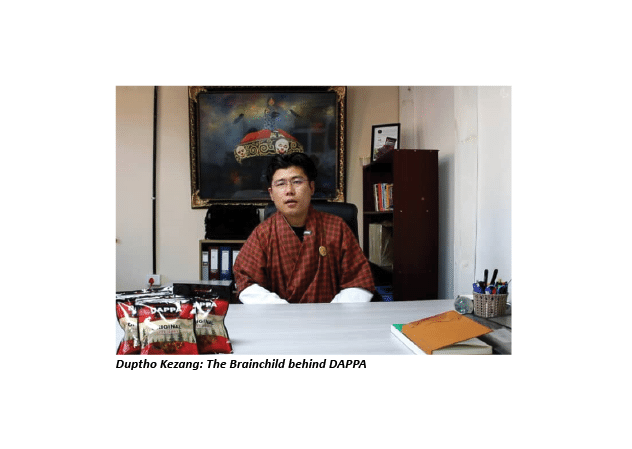“Narrowing the gap” is certainly an idealistic concept.
And the Prime Minister declared in the current parliament session that the government does not aim to make everyone equal but simply narrow the gap.
This does hold some sense because doing away with the gap entirely is not possible. There will always be haves and have-nots in varying degrees.
What does not make sense is imposing taxes on state resources and services that all people must have access to like water, timber, education and health services.
These are amenities that are necessary for every human being’s health, wellbeing and even survival, and increasing or actually imposing taxes on these can be not only counter-productive but catastrophic.
With this said, increasing taxes on luxury goods and high-end services comes at a price but it makes sense to rein some of the consumerism and greed of the too wealthy concentrated on the top of the economical hierarchy.
For example, imported cars should definitely be taxed, so should other high-end consumer goods. In fact, for example, to take a case study, cars must be scrapped every five years in Singapore so that there is a cap on buying cars and less pollution. However, the public transport is so efficient that people hardly feel the pinch of not having a car.
Other goods that have more adverse effects than good on the consumer like alcohol must also be imposed heavy tax. Right now, bars and alcohol-selling discotheques and pubs outnumber libraries and book shops in the country.
Going by statistics, alcohol is one of the top killers in Bhutan. That is why it is important that while the government aims to narrow the gap, they recognize what is detrimental to the holistic development and wellbeing of the Bhutanese and the country as a whole and take steps toward killing two birds with a stone: do away with things that widen the rich-poor disparity while also eradicating a lot of unhealthy appendages.
There is a lot of power in leading the simple life and it is good if consumerism and materialism are nipped in the bud. We stand to lose the essence of living a life free of too many unnecessary wants if we hoard and hoard and do not loosen our hold over possessions.
The government might have considered this but it must remember where to direct its moves and when and how. Carefully thought out plans and strategies will help spearhead its “narrowing the gap” prerogative.
And people, especially those who are well off, must remember that though at the beginning they will feel the pinch, the initiatives are meant for the greater good.
Hopefully, the government will institute its plans in the fourth session of the parliament as Lyonchhen has promised. Tax reforms are good as long as they make people responsible spenders and prudent stewards over their resources. It is also good as long as the government charts out clearly outlined plans and actually implements them, making no room for loopholes.
Extra money in the government coffer could always be used for welfare schemes and development activities that benefit everybody.












